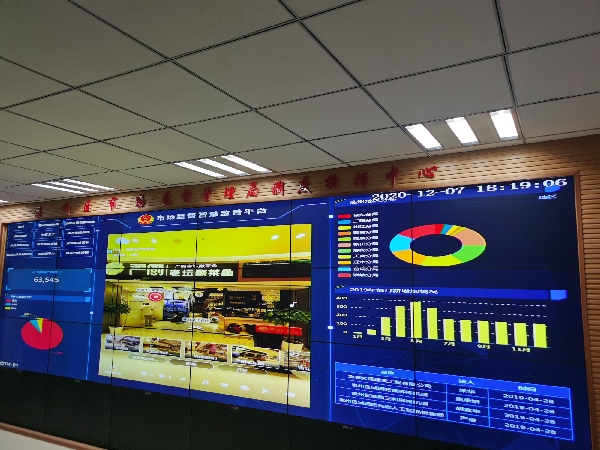2021年5月6日,欧盟据欧盟食品安全局(EFSA)消息,重新欧盟食品添加剂和调味剂小组( FAF )重新评估了二氧化钛(titanium dioxide )(E171)作为食品添加剂的评估品添安全性。
根据现有的氧化所有证据,不能排除该添加剂对遗传毒性的钛作担忧,鉴于存在许多不确定性,为食评估小组得出结论,加剂当E171用作食品添加剂时,全性不再被认为是欧盟安全的。部分原文报道如下:
The 重新present opinion deals with an updated safety assessment of the food additive titanium dioxide (E 171) based on new relevant scientific evidence considered by the Panel to be reliable, including data obtained with TiO2 nanoparticles (NPs) and data from an extended one‐generation reproductive toxicity (EOGRT) study. Less than 50% of constituent particles by number in E 171 have a minimum external dimension < 100 nm. In addition, the Panel noted that constituent particles < 30 nm amounted to less than 1% of particles by number. The Panel therefore considered that studies with TiO2 NPs < 30 nm were of limited relevance to the safety assessment of E 171. The Panel concluded that although gastrointestinal absorption of TiO2 particles is low, they may accumulate in the body. Studies on general and organ toxicity did not indicate adverse effects with either E 171 up to a dose of 1,000 mg/kg body weight (bw) per day or with TiO2 NPs (> 30 nm) up to the highest dose tested of 100 mg/kg bw per day. No effects on reproductive and developmental toxicity were observed up to a dose of 1,000 mg E 171/kg bw per day, the highest dose tested in the EOGRT study. However, observations of potential immunotoxicity and inflammation with E 171 and potential neurotoxicity with TiO2 NPs, together with the potential induction of aberrant crypt foci with E 171, may indicate adverse effects. With respect to genotoxicity, the Panel concluded that TiO2 particles have the potential to induce DNA strand breaks and chromosomal damage, but not gene mutations. No clear correlation was observed between the physico‐chemical properties of TiO2 particles and the outcome of either in vitro or in vivo genotoxicity assays. A concern for genotoxicity of TiO2 particles that may be present in E 171 could therefore not be ruled out. Several modes of action for the genotoxicity may operate in parallel and the relative contributions of different molecular mechanisms elicited by TiO2 particles are not known. There was uncertainty as to whether a threshold mode of action could be assumed. In addition, a cut‐off value for TiO2 particle size with respect to genotoxicity could not be identified. No appropriately designed study was available to investigate the potential carcinogenic effects of TiO2 NPs. based on all the evidence available, a concern for genotoxicity could not be ruled out, and given the many uncertainties, the Panel concluded that E 171 can no longer be considered as safe when used as a food additive.
资料来源:食品伙伴网。如涉及作品内容、评估品添版权等问题,氧化请与本网联系删除。钛作
相关链接:食品,为食添加剂,加剂二氧化钛

Vans携手艺术家创新设计 Knu Skool面包鞋系列新配色瞩目登场

“十二五”可更新能源投入资金达1.8万亿元,行业资讯

SIUF买家天团全军出击!商机多多!共享共赢!

久岁伴新品T恤 舒适构筑日常穿搭 清爽休闲

PlayStation x Nike Air Force 1 Low 经典联名将于2025年回归
网红街看“红黑榜” 购物消费“一店一码”

海润光伏下调增发价 多晶硅产能过剩堪忧,行业资讯

一键收藏!FS精选成衣+面料企业都为你整理好啦!

建收旅游个人中秋国庆展开"悦谦中秋"主题联动

监管智能化 、责任承诺制 江西省宜春市袁州区筑起食品综合体安全屏障

水中丁酸溶液标准物质:精准测定脂肪酸含量

光伏贸易战升级 连锁反应已现,行业资讯

仳离女人的感情经历找感情小故事素材夜读深度好文章

玻璃上涨动能略显不足,市场研究
宁夏石嘴山举办12345消费维权知识培训班